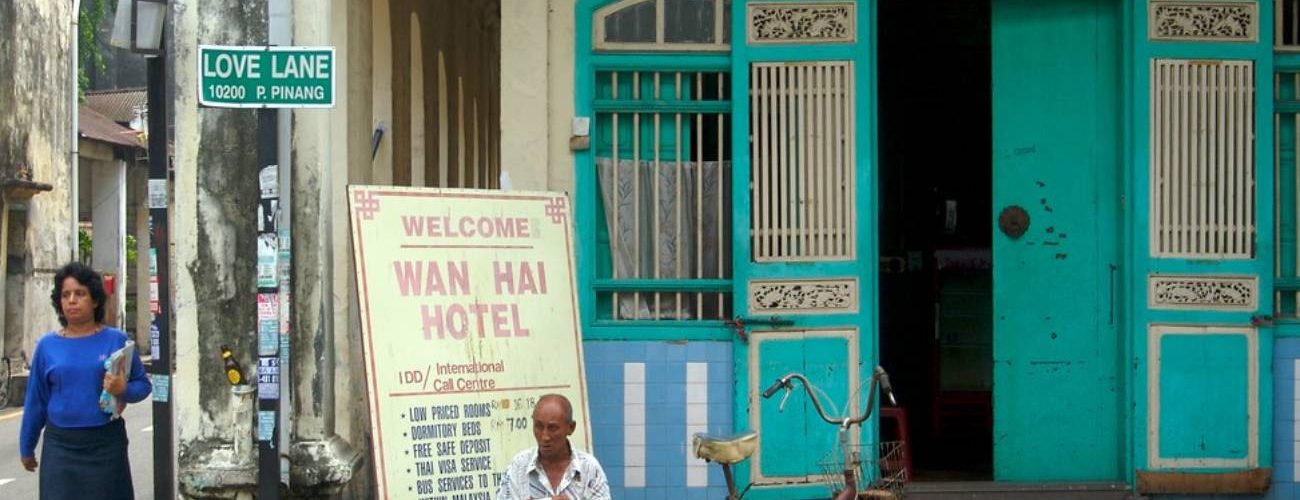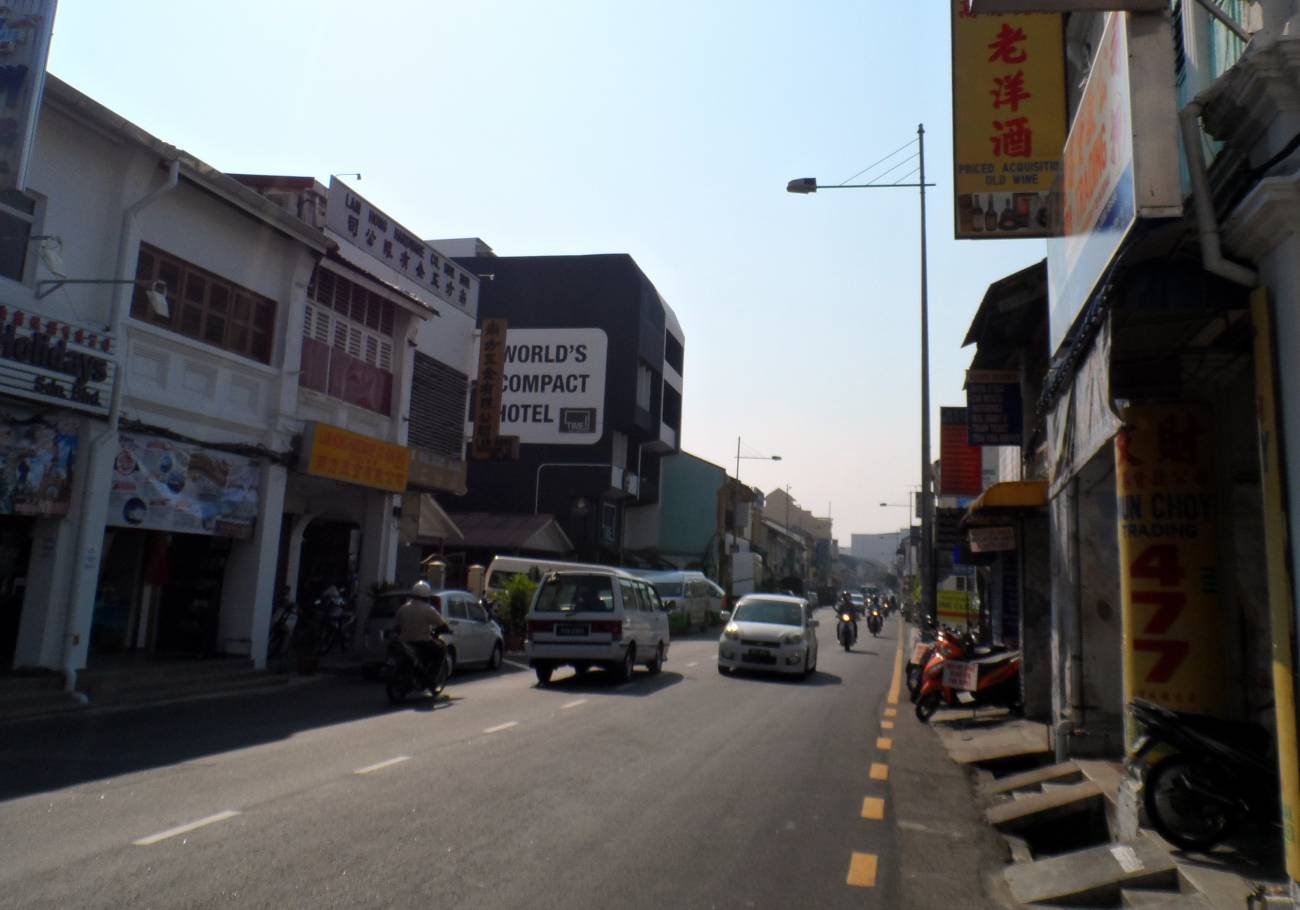
The proposal to transform Chulia Street and Love Lane into permanent pedestrian streets has sparked a lively debate in Penang.
These historic streets, known for their vibrant mix of cultures, businesses, and residents, are now at the centre of discussions about how best to balance urban development with the needs of the local community.
Concerns over pedestrian-only zones
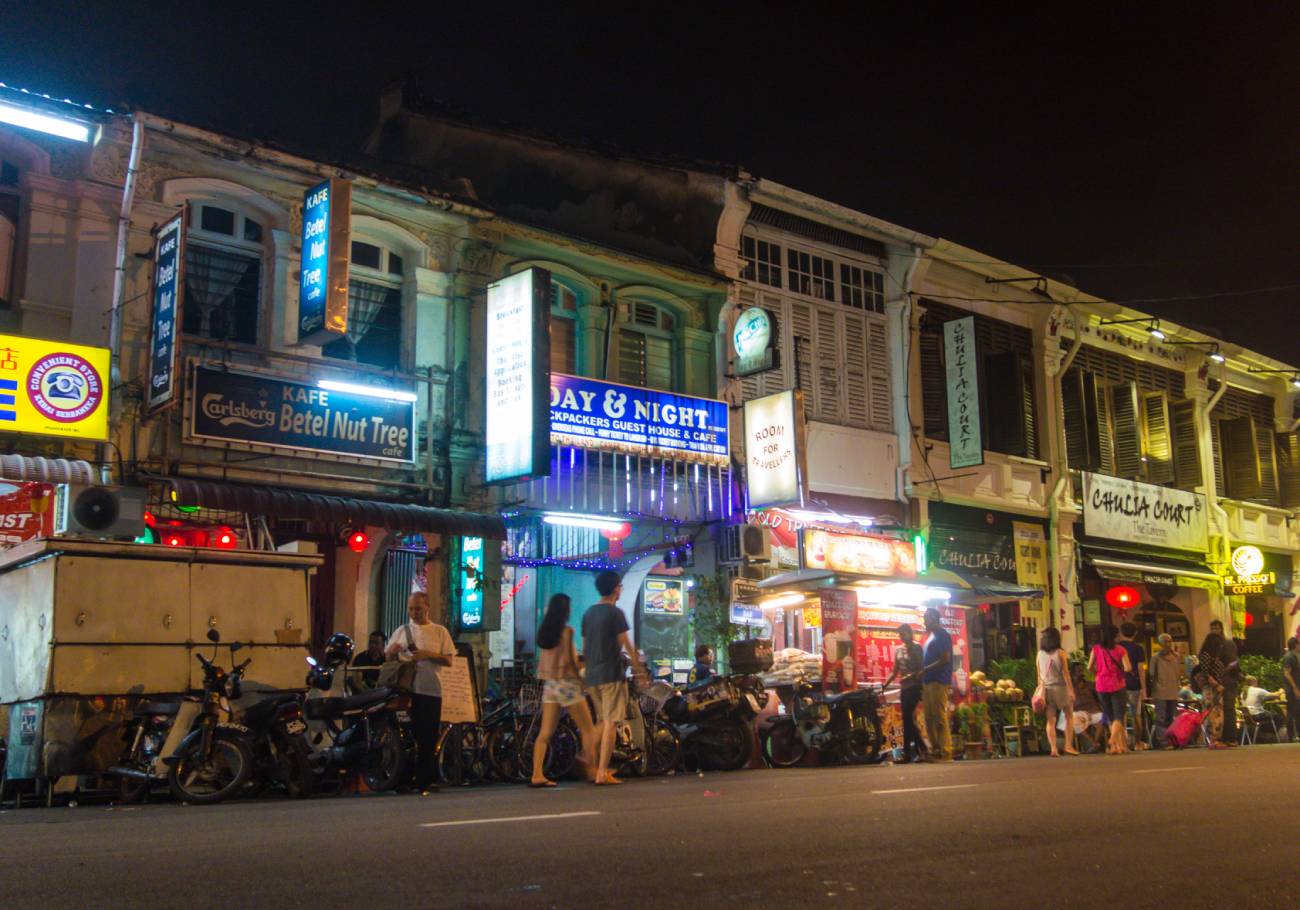
Chulia Street and Love Lane are iconic landmarks in George Town, attracting both locals and tourists alike.
However, the idea of converting these streets into pedestrian-only zones has raised concerns among various stakeholders.
Wong Hon Wai, Chairman of the Penang Tourism and Creative Economy Committee, highlighted that these areas are not merely commercial zones but also home to long-term residents.
“We must consult stakeholders and carry out a thorough traffic impact assessment before considering such a proposal,” said Wong.
Wong expressed particular concern for elderly residents who might find it difficult to navigate if these streets are pedestrianised.
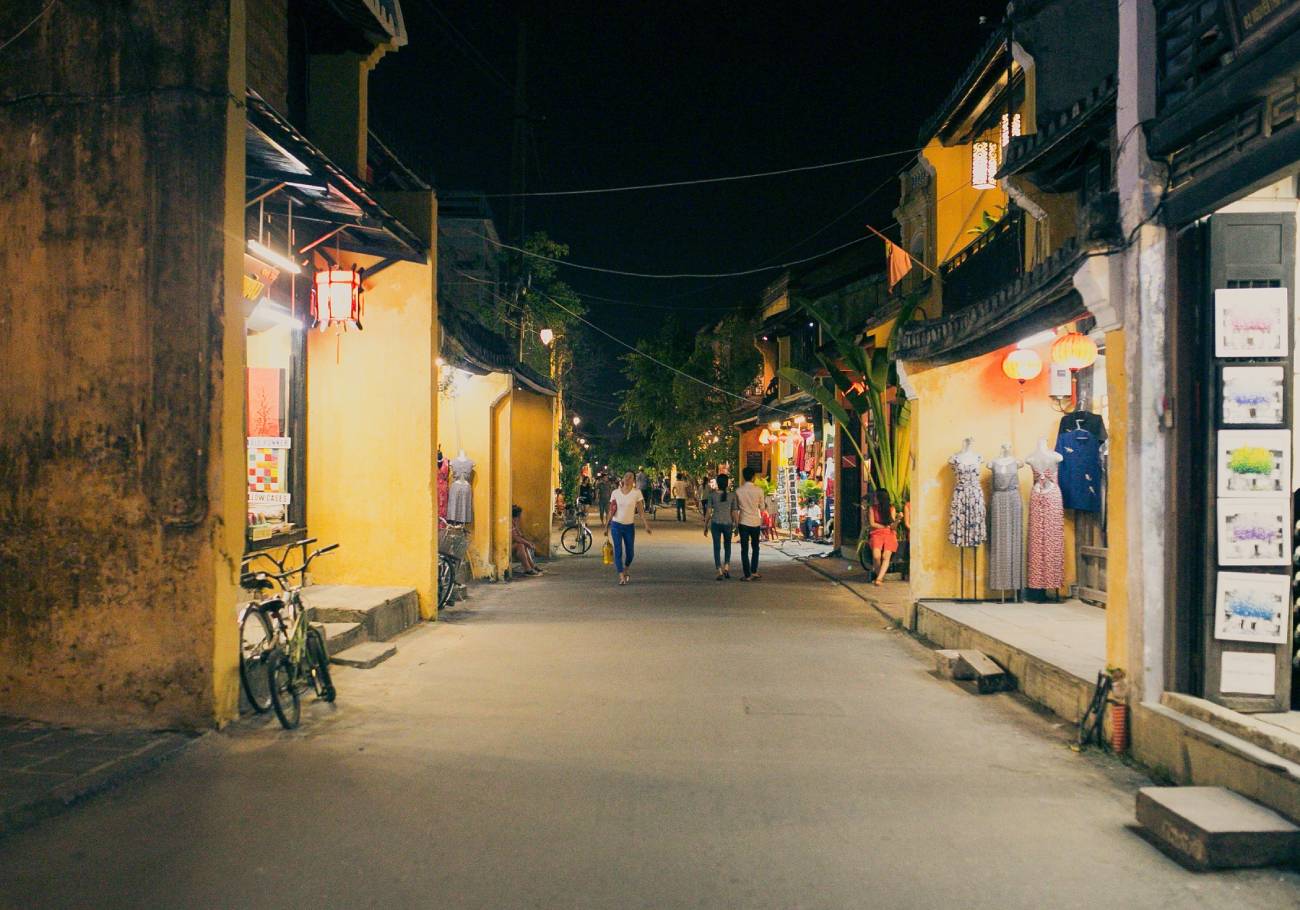
He also pointed out the potential inconvenience for business owners who rely on road access to load and unload goods.
“It would be challenging for food delivery services to operate efficiently if vehicles are restricted,” he added.
Wong also recalled that a similar study by the Penang City Council faced resistance from business owners a few years ago.
The proposal to pedestrianise Chulia Street and Love Lane, therefore, is not without precedent, but it remains a contentious issue.
Chulia Street and Love Lane as pedestrian streets
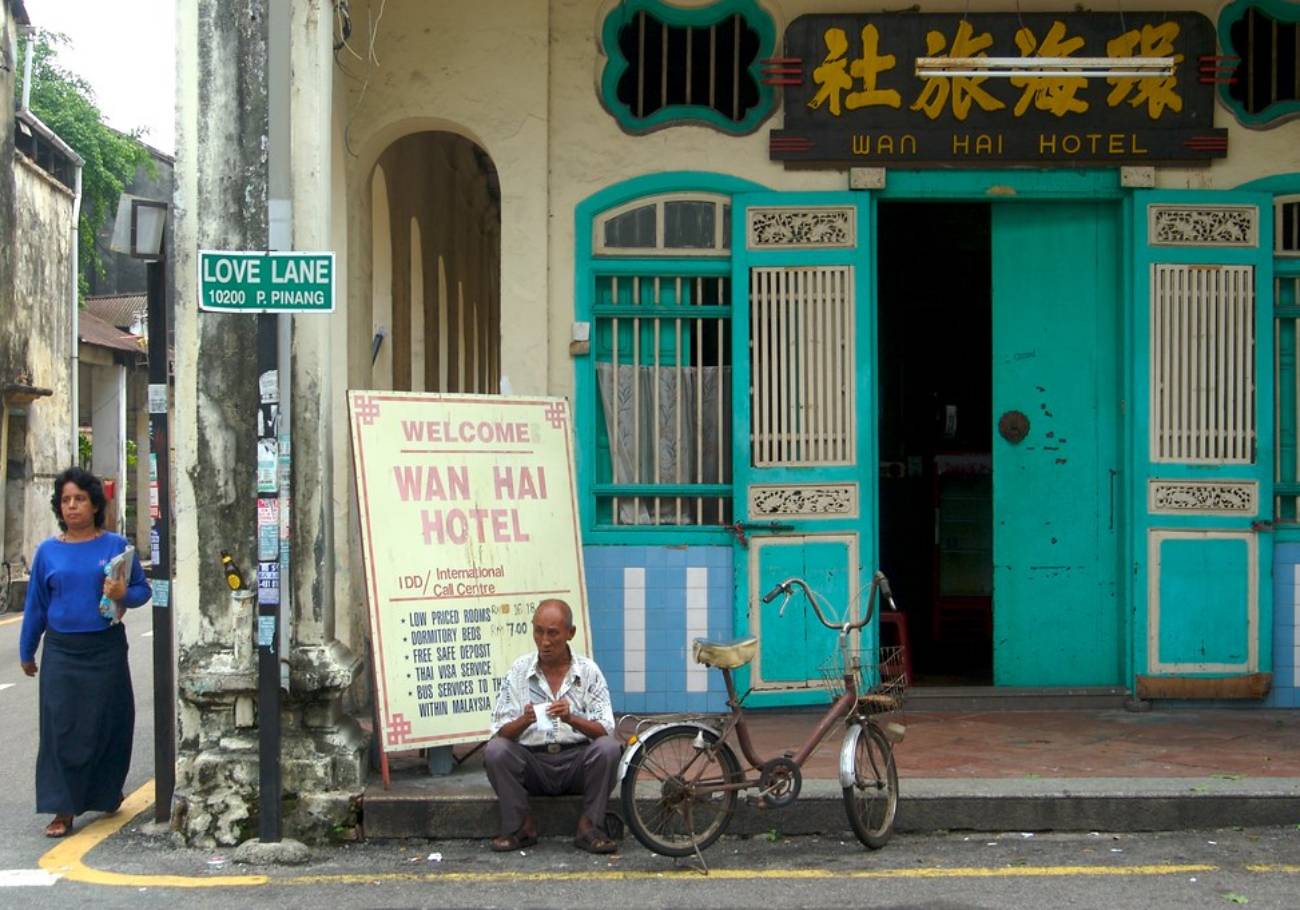
While the idea of permanent pedestrian streets is up for debate, Penang already has experience with temporary pedestrianisation.
Events like “Occupy Beach Street” (OCB), held every Sunday morning, temporarily transform parts of the city into pedestrian-friendly zones.
“We have temporary pedestrian streets throughout the year, especially during festivals and events like the Penang Chinese New Year Celebrations,” Wong noted.
Dr Ang Ming Chee, General Manager of George Town World Heritage Incorporated (GTWHI), stressed that any move towards permanent pedestrian streets should be driven by local community needs.
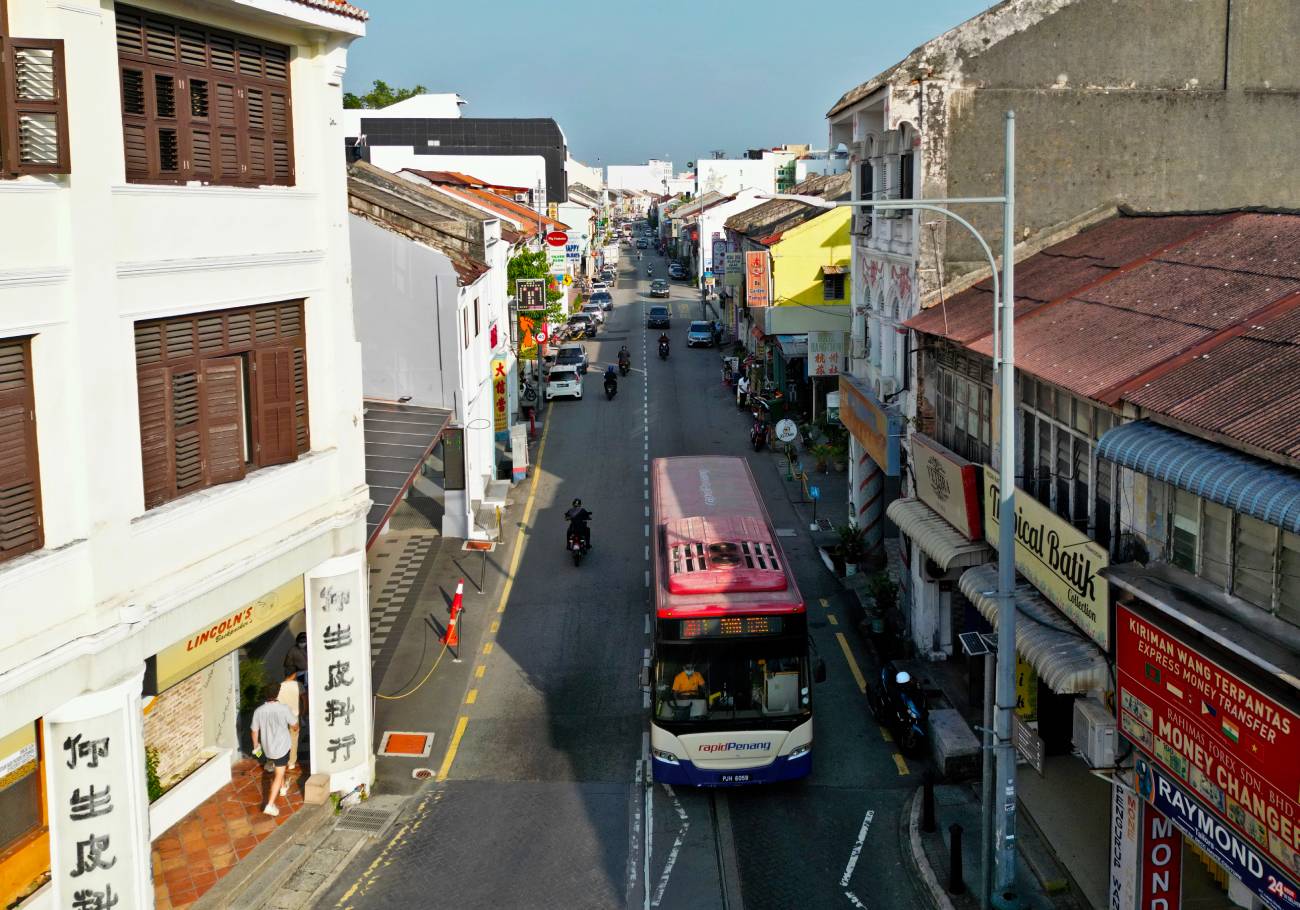
“Local interests come first,” she emphasised.
“If the local community supports the idea, then we can explore this option further.”
Dr Ang also pointed out that pedestrianisation has been successful in limited contexts, such as during the Thaipusam festival, when Jalan Kebun Bunga is closed for a few days.
She suggested that the concept of pedestrian streets need not be confined to George Town.
“Night markets across the state also involve temporary road closures, creating pedestrian zones that benefit local communities and businesses,” she said.
Despite these examples, the proposal for permanent pedestrian streets in Chulia Street and Love Lane remains controversial.
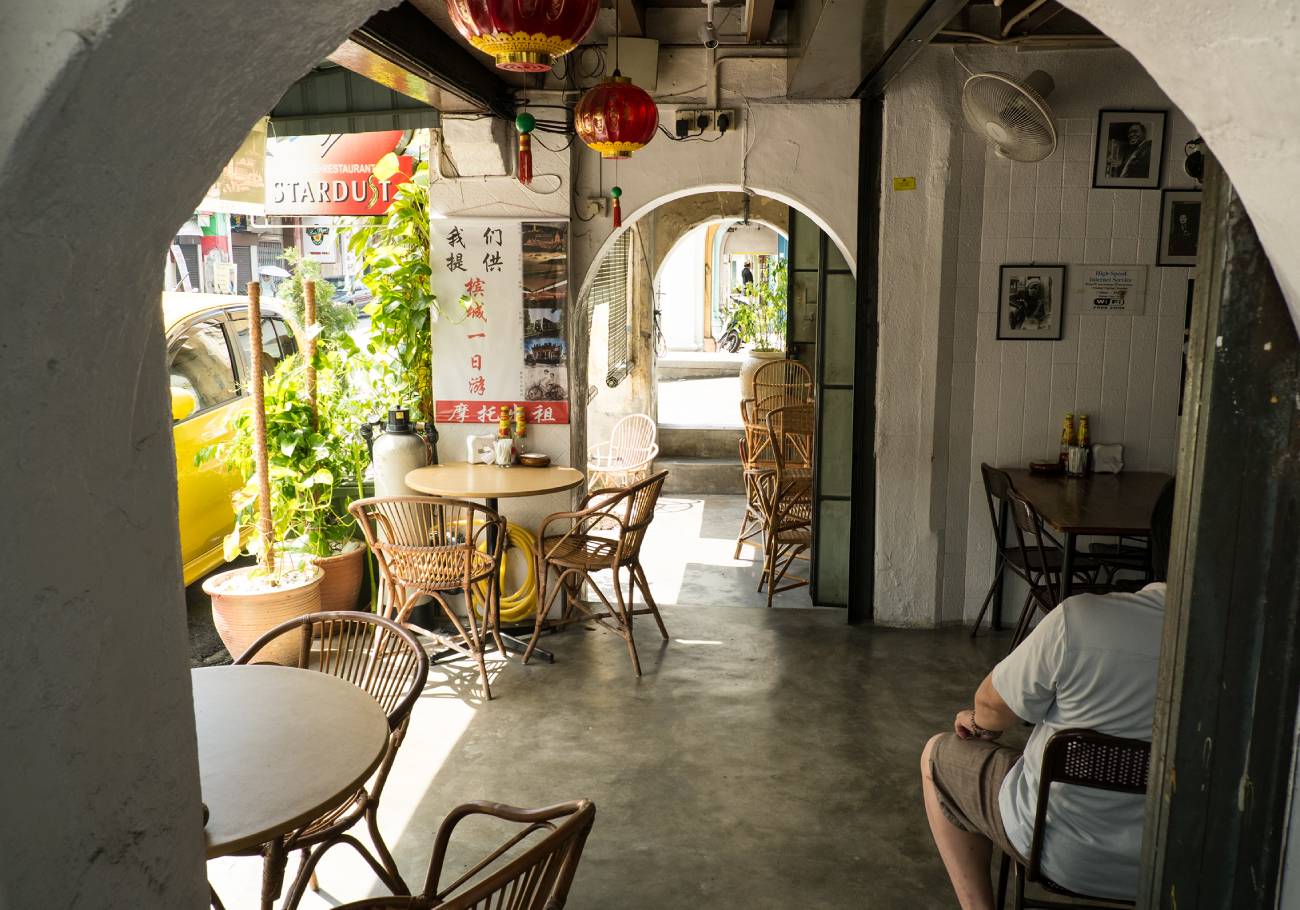
Some argue that these streets could emulate European tourist areas, creating vibrant pedestrian and public transport zones.
However, the challenges of balancing heritage preservation, resident needs, and business operations make this a complex issue.
For now, Chulia Street and Love Lane remain busy, multifunctional roads that reflect the dynamic spirit of George Town.
Whether they will one day become pedestrian paradises remains to be seen, but the discussions surrounding their future underscore the importance of thoughtful urban planning in preserving Penang’s unique heritage while accommodating modern needs.


